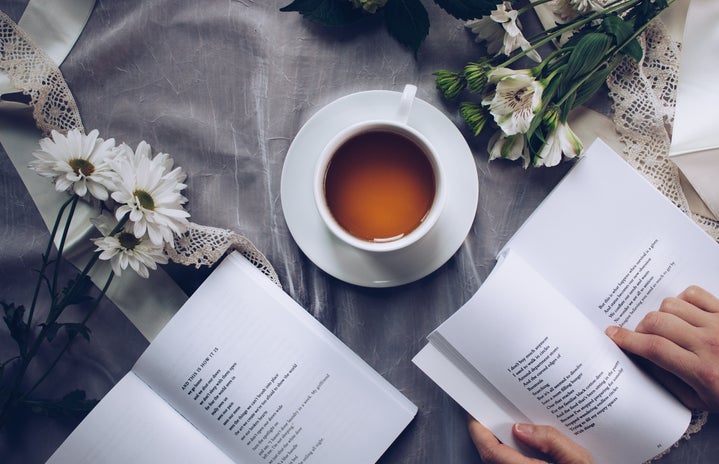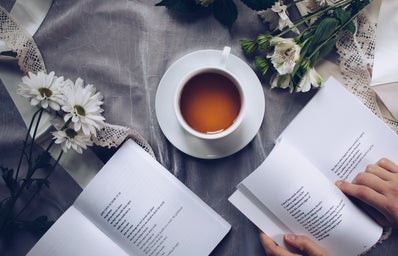- All the Light We Cannot See
After searching for books similar to ‘Where the Crawdads Sing’, this came up as one of the results. I did not expect to fall so in love with this book. It follows the lives of two characters, Werner who grew up in Germany whose destiny is to work in the factories, and Marie-Laure who grew up in France as the blind daughter of a locksmith. When the Second World War breaks out, Werner is made to use his knowledge of transceivers to track down illegal communications in invaded territories, while Marie is relocated to live with her uncle who owns a radio in his attic. This radio becomes the important link between the two characters who otherwise exist in completely different worlds. What I loved about this book was its comment on the kindness of people towards each other, how obedience is a curse, how being soft is not a weakness, and why rebellion is necessary. Another important theme in this book is that which pertains to the sea of Flames diamond, which was being kept at the Museum where Marie’s father worked until the war broke out. There is a myth attached to it that says that the owner will live forever whilst those around him/her will die one by one. There is someone searching for this diamond, looking for it throughout France, and willing to do anything to get his hands on it.
- Open Water
One of my reading aims this year has been to read more extensively. I want to find books that are written by non-white authors, to help me become immersed in a world where characters have foreign names, encounter unique moral dilemmas and talk about less well-known cultures and values. ‘Open Water’ centres on the lives of two nameless black individuals, navigating their work and personal lives in London whilst inhabiting a black body. The black body is a lens through which the author talks about the unique experiences that black people encounter in modern-day Britain: police racism and stop and search procedures; how vulnerability is almost off-limits for black men who are expected to be macho; growing up in a context of white excellence and feeling like you need to prove that you deserve a seat at the table. The writing style is lyrical, sounding almost like poetry, which makes the words flow nicely on the page, and makes it such a beautiful read.
- Wish You Were Here
I picked up this book because I am a huge fan of Jodi Picoult, having read other books of hers like ‘My Sister’s Keeper’, ‘Nineteen Minutes’, and ‘Harvesting the Heart’. This particular book is set in the context of the Covid-19 pandemic and talks about how making a single choice can change the entire trajectory of your life. The female character has booked a trip to the Galapagos with her doctor boyfriend until the pandemic hits New York and she is left with the choice of deciding to stay in the city or go abroad. She decides to go and this trip disturbs all of the previous certainties that she had. Before this, she had been aspiring to live according to a precious timeline – get married by 30, move into a bigger house, get a promotion at work – but this trip changes everything for her. I feel like the covid pandemic was a turning point for everyone, in the sense that it made us question our way of life, our jobs, our degrees, and who our true friends really are. So it was both weird and nice reading a book that talked about this event that had happened not too long ago; in fact, the last lockdown was only two years ago.
- Convenience Store Women
I had mixed feelings about this book, perhaps because I had read Sayaka Murata’s book, ‘The Earthlings’, before this so I had high expectations. This book follows the life of Keiko who becomes a convenience store worker at the age of 18 and continues to work there into her late 30s, without having dated anyone, moved away from her hometown, or tried any other job. I find her situation so depressing as someone who moved here to London for university after living in a small town my entire life and having experimented with different types of work, and friendship circles and toyed with the idea of different career paths. However, I believe that for someone like Keiko who doesn’t know how to function in a ‘normal’ way, the convenience store allowed her to adopt the character of a store worker where she was taught how to greet customers, restock shelves, and upsell products. Here, no one would enquire into her personal life, unlike when she is with her friends, who would ask if she had a boyfriend or was thinking about marriage. For Keiko, the convenience store almost provided an escape from mainstream Japanese society, where people are expected to date, marry and have children. I feel like this is a particularly important topic in light of Japan’s falling birth rates and marriage rates, with about 1 in 7 women still single at the age of 50 a study found, showing how there is this general trend where people are shying away from marriage and choosing to remain single – either out of choice, because of work, a desire not to have children or some other reason.

